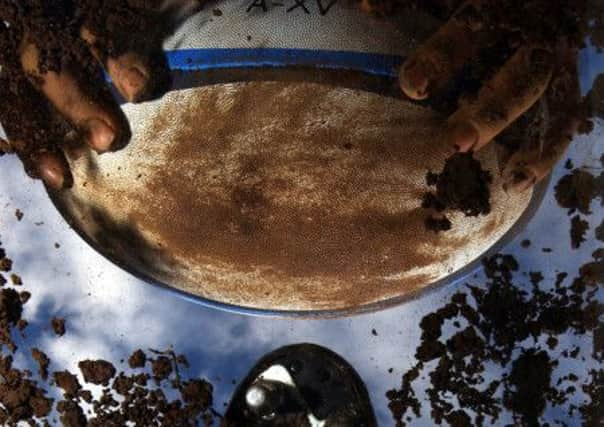Allan Massie: New thinking to develop next young stars


Different sport, of course; this was Michael Owen writing in The Daily Telegraph about the problem for which English football must find a solution if their national team is again to be a serious competitor. Different sport, but same problem.
The problem has been recognised for a long time now. Our young players are not exposed to a high level of rugby. Some of them don’t even get much game-time after they have left school. They may spend hours in the gym or on the practice pitches, but many don’t actually play much rugby, and often, when they do, it’s for a club side that they haven’t spent much time with. Our age-group teams don’t often win, no matter how hard they try, how well-prepared they have been and, indeed, how much natural talent they may possess. Because our structure is inadequate, young players either don’t get enough rugby at a level which is demanding but suited to their age and the stage of their development, or, occasionally, they may find themselves pitch-forked into the professional game before they are ready.
Advertisement
Hide AdAdvertisement
Hide AdEveryone knows this. The four new regionally-based national academies may lead to an improvement. But it’s not easy to see how they will provide their students with the requisite amount of high-level competitive rugby.
So here are a couple of suggestions. (Any readers who can think of better ones should bring them forward.) The first recognises that, to some extent anyway, our partners and rivals in what is now the Guinness Pro 12 have the same problem, and have certainly the same interest in ensuring that U-21 players have the opportunity to play high-level games. So why not propose an U-21 league for the four unions that have teams in the Guinness League? They might either be attached to the professional clubs already represented in it, or might be formed independently of them, drawn from each union’s academy structures. Even if it didn‘t prove practical for home and away matches to be played, this would still offer these players what they don’t now get: at least 11 matches of intense competitive rugby against teams drawn from their own age-group.
Second, to back this up – and even if such a league isn’t possible – the SRU should organise an annual summer tour of one of the southern hemisphere countries for a squad of players drawn from the academies and U-21 players attached to Edinburgh and Glasgow. Arranging such a tour would, of course, require co-operation from the host countries but, given that there have been expressions of willingness among the IRB members to see a revival of Scottish rugby, one might hope that this would be forthcoming. Certainly the SRU would have nothing to lose in setting this target.
“Nothing to lose” may be putting it a bit strongly. Taken literally, there would be quite a lot to lose. Both these ventures would be expensive. Neither could come near to being self-financing. However, thanks to the BT deal, the SRU’s financial position would appear to be much healthier than at any time since the game went professional. Both the U-21 league and the suggested summer tour would have to be regarded as investments. But it’s a truism that, without investment, you are unlikely to profit.
No doubt other people may have better suggestions than mine. They may, for all I know, be mulling over brighter ideas themselves in the SRU offices. All I’m hoping to do is kick off a debate. The starting point is clear. Despite a number of marginally better performances (sometimes) by the national team, and despite Glasgow’s good play and splendid record last season, our game remains becalmed in the doldrums – at best – while other countries continue to thrive. Something must be done, for it’s clear that what Owen says of English football applies at least equally to Scottish rugby. Who knows? It might even be worth sending someone to Germany to learn how they bring on young players capable of forming a team that humiliates Brazil and then goes on to win the World Cup. For a European team to do that in South America is at least equivalent to one of the Six Nations winning a three-Test series in New Zealand or South Africa.